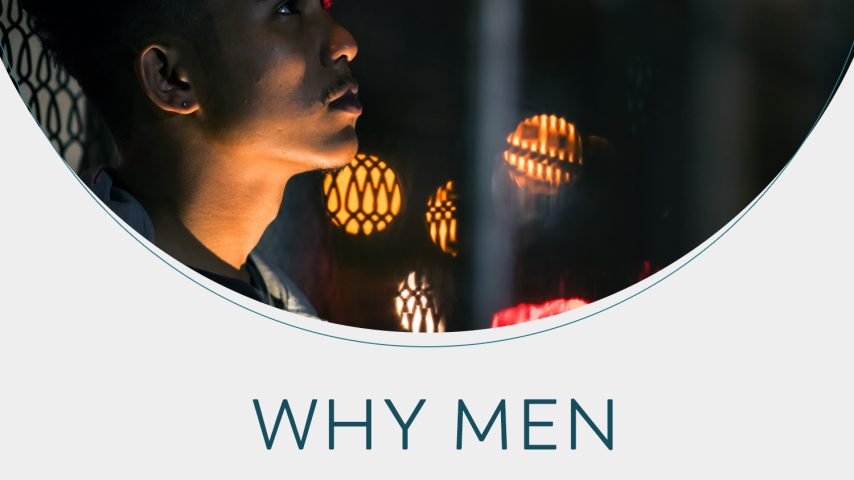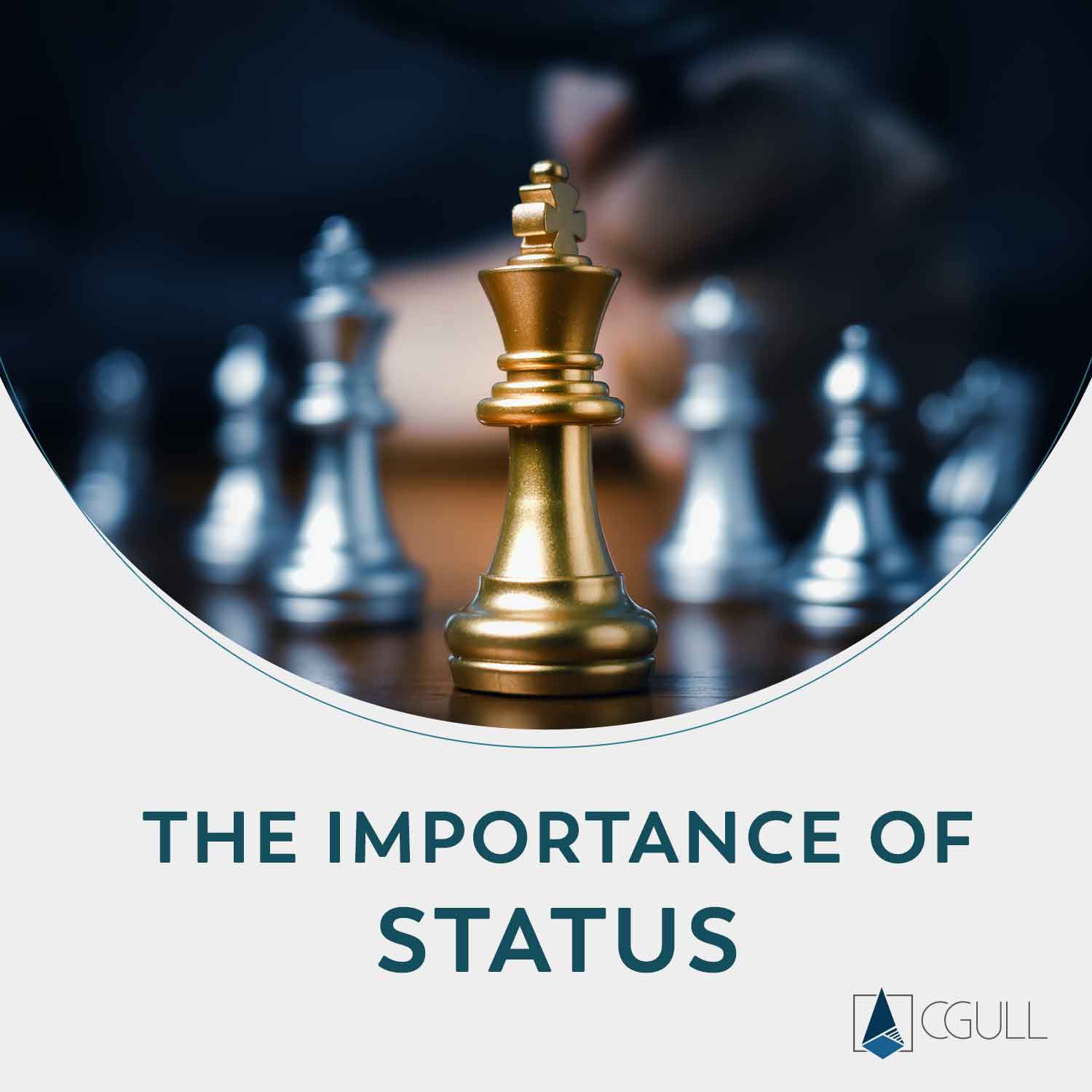There is a certain archetype when it comes to ‘being a man’. As males, we have heard the phrase ‘men don’t cry’ over and over again. In fact, this phrase has been echoed to us consistently from society, not only from our parents at a very young age, but rather also from our teachers and peers throughout well into our adult years. Men heard crying is as social taboo as hearing a lady farting.
Crying is a natural part of being human, similar to laughing and screaming (refer to article –Why she likes funny guys). But we tell boys that crying is wrong and not ‘masculine’. Some can argue that it is not ‘wrong for men to cry’, but rather society would rather not hear the cries of men.
The irony here is how we emphasise the idea that men should not be seen crying, when there is tension, he should suppress all the negative emotions. But when there are conflicts in social matters, the man is deemed ‘unemotional’, unable to relate to others or lacking social intelligence.
The issue we face in modern society with unemotional men is the byproduct of said society not giving men the license to feel. Here is an extract from the book by Warren Farrell – The Boy Crisis.
“But this means adjusting parenting that has evolved to raise sons prepared for the disposability of heroic intelligence—parenting that begins the moment your son cries. For example, parents take longer to pick up their sons than their daughters. The lesson your son may experience? Expressing his feelings—as in crying—is futile. He is learning step one of his unconscious hero’s journey: his feelings don’t count.
To be a hero is to be emotionally constipated. And as developmental psychologist Erik Erikson posits, infants whose basic needs for cuddling, diaper changing, and feeding go unmet are at risk of developing a lifelong mistrust toward other human beings—which may manifest in later life as excessive jealousy, a need to constantly check up on his or her mate, and other behaviors that undermine intimacy. We are also less likely to sing to our son. Or tell our son stories. Or read to our son. A desire to be nurtured is in our son’s nature. But it’s a nature we don’t often nurture.
Consciously, we tell our sons, “Don’t get hurt.” We make sure they get to bed on time and eat healthfully. Unconsciously, we send a different message. We’ve seen how virtually every society that survived did so by preparing its sons to be disposable—disposable in war, and disposable at work.”
— The Boy Crisis: Why Our Boys Are Struggling and What We Can Do About It by Warren Farrell
As discussed in the article “Why she likes funny guys’, we have touched on the biological purposes of crying, laughing and screaming. These are reactions that are hard-wired into humans that can be seen exhibited in all cultures regardless of geographical location, culture, race, religion and in any period of human history.
The natural response of crying is a reflex to indicate loss, the lack of ability to remedy a situation and the need for aid. Which is also why we give sympathy to mammals crying. (Though there are biological effects such as regulating emotions, reducing stress by activating the parasympathetic nervous system.)
In our modern society, the idea of men not crying is more along the lines of not giving them the license to cry rather than them actually needing to cry. Men today have always heard this mantra in some sort or form, that ‘their worth is directly proportional to the amount of value they can offer the people around them’. This translates into the inability to seek help either physically, emotionally, financially or even spiritually, fearing the fact that they are deemed lesser than others or ‘not man enough’.
Warren Ferrell has best presented this issue with the below extract from his own book – The Boy Crisis.
“Most boys experience a “compassion void.” Why? For starters, boys’ peers rarely listen; boys resist church, its fellowship, and the faith that someone will always hear him and love him; they resist therapy and its confidential disclosure that reduces isolation and alienation; and a boy senses that revealing insecurities to a potential girlfriend is only appealing if his Lois Lane first sees him as Superman, not as Clark Kent. And yes, that’s just for starters.
As a boy’s journey enters the road toward manhood, he discovers (if he is heterosexual) that the girls he is attracted to and the boys he befriends have different ways of communicating the same message to him. He notices, usually unconsciously, that should he express fears or complain about a problem, a potential girlfriend hears whining. And girls fall in love with alpha men, not whining men. Guys, on the other hand, give him a maximum thirty-second window of opportunity to air a fear or complaint, after which he opens himself to ridicule, and a loss of peer respect. In short, he notices that complaining doesn’t generate empathy; it generates pity. Or loss of respect.
He absorbs that both sexes’ experience of him complaining is the same: like hearing nails scrape on a chalkboard. So he stops listening to his own complaints as well—hearing himself would make him feel less of himself. In contrast, should a boy hear the girl that he’s interested in complain, he sees an opportunity: an opportunity for him to solve her problem, to “rescue” her. His hope? To be rewarded with her respect, and with the slice of her love that emanates from her respect. And, oh yes, with the invitation for his body to be part of hers. To whom can a boy express his feelings without either losing status among his peers or getting advice that he feels is often accompanied by a loss in respect?
Often, no one.”— The Boy Crisis: Why Our Boys Are Struggling and What We Can Do About It by Warren Farrell










